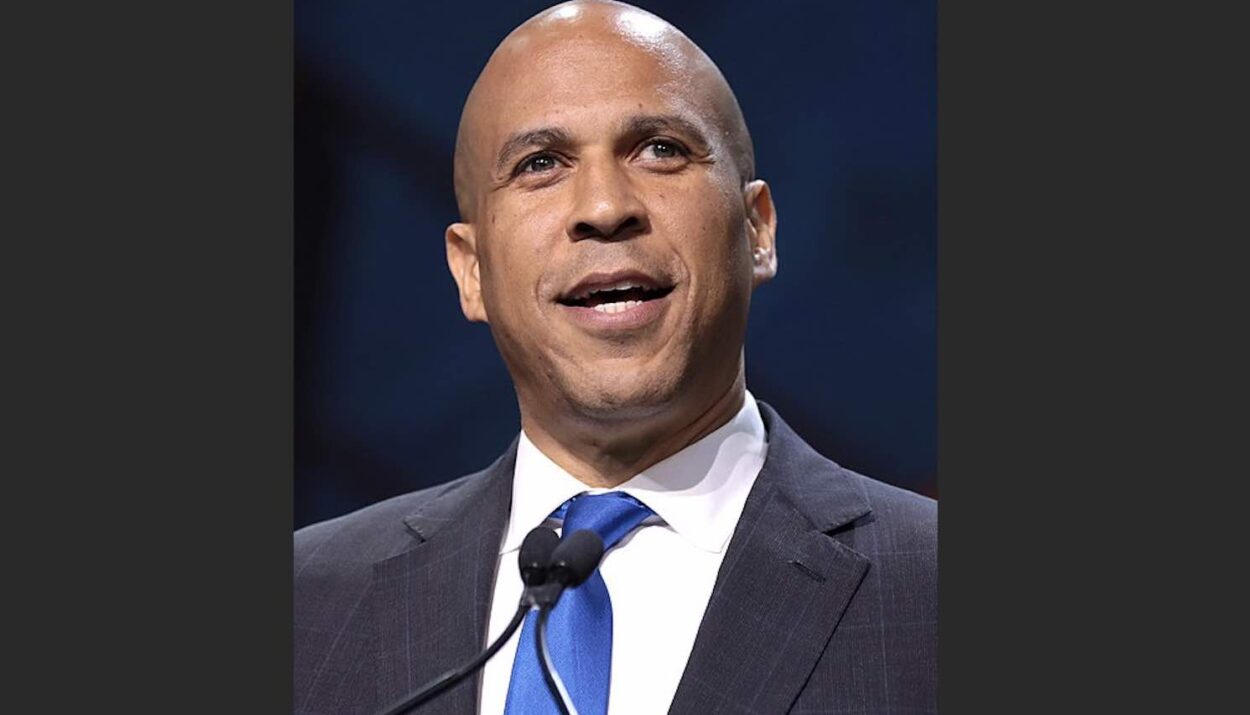Table of Contents:
- Introduction
- What Is a Filibuster?
- Cory Booker’s Passionate Speech
- The Issues Addressed
- Public Reaction and Commentary
- Conclusion
Introduction
Filibusters have long been used as a strategic tool in American politics, allowing lawmakers to take a stand on critical issues by delaying legislative action. Cory Booker’s recent filibuster is no exception—it captured national attention and sparked intense debate across the political spectrum. His passionate speech emphasized the urgency of justice reform and equality, reinforcing his commitment to fighting systemic issues in the United States.
What Is a Filibuster?
A filibuster is a parliamentary procedure used in the U.S. Senate to extend debate on a proposed piece of legislation, effectively preventing or delaying a vote. This procedural tactic allows senators to hold the floor for an extended period, often as a means of drawing public attention to an issue or blocking legislation they oppose. Filibusters can only be ended through a cloture vote, which requires a supermajority of 60 votes.
Cory Booker’s Passionate Speech
During his recent filibuster, Senator Cory Booker took the Senate floor to address urgent concerns surrounding justice reform. His speech was filled with emotional appeals, personal stories, and hard-hitting facts, underscoring the need for immediate action. He framed his argument around the moral and ethical responsibility of lawmakers to address racial inequality, police reform, and the flaws within the criminal justice system.
Booker’s marathon speech demonstrated not just his commitment to these issues but also his willingness to leverage Senate procedures to demand attention. His words resonated with many Americans who have long advocated for change.
The Issues Addressed
Booker’s filibuster touched on several pressing topics, including:
- Criminal Justice Reform – He highlighted the disproportionate incarceration rates of marginalized communities and the need for sentencing reforms.
- Systemic Racism – Booker emphasized the historical and ongoing discrimination in law enforcement and judicial systems.
- Police Reform – He called for accountability and changes in policing policies to ensure justice and fairness for all citizens.
- Economic Disparities – The senator linked justice reform to broader socioeconomic inequalities affecting communities of color.
His speech aimed to push for legislative solutions that would create lasting change in these areas.
Public Reaction and Commentary
Booker’s filibuster was met with a wide range of reactions. Supporters praised his courage, stating that his speech shed light on urgent issues that require immediate action. Activists and advocacy groups echoed his calls for justice reform, using his speech as a rallying point for policy change.
However, critics questioned the effectiveness of his approach, arguing that while passionate speeches raise awareness, they do not always lead to tangible legislative outcomes. Some political analysts also debated whether the filibuster strategy was the best way to drive meaningful reform in a deeply divided Senate.
Despite the mixed reactions, Booker’s speech undoubtedly reignited national conversations around justice reform and the role of lawmakers in advocating for systemic change.
Conclusion
Cory Booker’s filibuster serves as a powerful example of how lawmakers can use their platform to champion critical issues. While the long-term impact of his speech remains to be seen, his efforts have reinforced the ongoing fight for justice reform and equality. Whether through legislation or continued advocacy, Booker’s message remains clear: systemic change is necessary, and the conversation must not stop here.
Sources:
- Senate Filibuster Explained
- Cory Booker’s Official Website
- Justice Reform Advocacy Groups
- Gage Skidmore, CC BY-SA 3.0, via Wikimedia Commons





